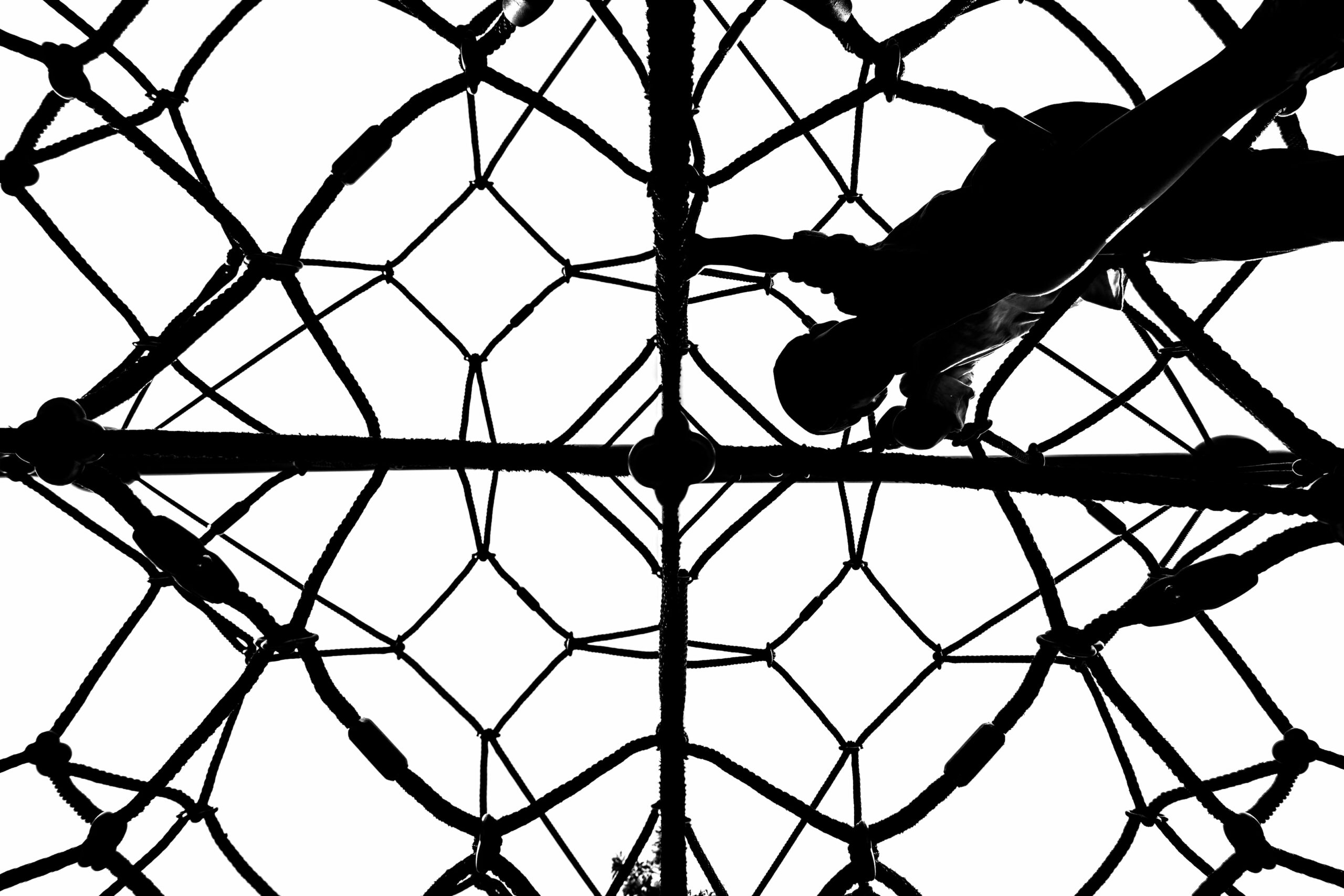By Jordyn (Jax) Krauss
We all long for community. We all want to know that we aren’t alone in the struggles we face and that there are people who can empathize and help with what we’re going through. As a child, or even as a teenager, you look to the adult figures in your life for guidance and understanding. You crave that support. Unfortunately, in residential programs, empathy and understanding are usually the last things you find in the people who run them and the people they hire.
From my experience, and from the experiences of many others, it is well known that the staff who are hired to watch over and take care of the teens in programs are usually unqualified, young, and inexperienced. I personally can remember being seventeen and the staff in charge of taking care of us being as young as nineteen, while the older therapists and directors who were assigned to work with us kept their distance unless it was a specific activity or a one-to-one session.
When the staff are so young, it creates a very uncomfortable power dynamic. You ask yourself, “They’re the same age as me, why are they in charge?” And it’s a good question. Why are they in charge? It doesn’t make sense. These programs that advertise how qualified and amazing their faculty are, hire children to take care of their own peers. Most of the daily staff at my program were college students who weren’t aware of what they were getting themselves into taking the job.
While the program I went to now apparently only accepts people over the age of twenty one, that doesn’t excuse the fact that less than five years ago that was not the case. But even so, there is still a lack of qualification that the staff have that is unacceptable. I recently went to look at the requirements needed to be a “mentor” there, and at other programs, and the only educational requirement is a high school diploma. To me, a survivor of residential treatment, that doesn’t sound quite right. Shouldn’t these people at least have some credentials that qualify them?
This doesn’t mean that the young staff that are hired are to blame though, at least, in the beginning. They see these places as an opportunity to gain experience in the fields they want to go into and to make some money. That in itself is not a bad thing, but many of these people do not know what the job truly consists of or what they are going to be doing. The job descriptions that are advertised are very misleading, so it isn’t their fault for being underqualified for a job they think they should be equipped for.
However, it does fall on these young staff when they see the kinds of mistreatment that happens at these centers, yet they continue to work there regardless, thinking that these practices are somehow “helping” the kids in the center. They should be able to recognize when “treatment” becomes abuse. Yet, many young staff stay and continue these harmful actions, teaching them to the next staff that come, and it becomes a vicious, never-ending cycle of pain for the kids who fall victim to it.
A good example of this kind of apathy would be from my program. Specifically, in recreational therapy. While the therapist herself has now been let go by the program, she worked there for a very long time: well over a decade. I experienced many cases of her often dangerous “tasks.” For example, we were made to walk through a river with an extremely strong current, some of us with what she called “handicaps” where she would either tie a few people’s legs together or tie down someone’s arm so they couldn’t use it. I remember falling into the river and almost losing my glasses. The staff would just watch this stuff happen and think it was all okay.
These programs should not be allowed to do this: cheaply hiring college students with no prior experience or qualifications to work in these environments with kids who are already struggling enough, teach staff how to put people their own age in holds that could seriously harm them, or teach them how to stand by and watch as kids are put into tense, painful, or even dangerous situations and do nothing about it.
This is just another reason why they should not be operational. Residential programs are run by people who clearly either do not see the harm they are causing by hiring kids or they just do not care. Kids should not be put in a power position over people their own age. It’s wrong, and it’s also a cruel reminder to the people in the program that there are other kids outside the program, and that they get to live normal lives while they have to stay trapped away from society.
That feeling of isolation is a big factor, and it especially was for me. When in my program, I already felt ostracized from the other kids because it was so often pointed out how different I was from them and how “socially inept” I was. But when I would see these “normal” kids who were working and there living their normal lives, it made me extremely jealous. I wanted to be able to leave, to interact with other people my age and make friends with people who wouldn’t ostracize me and wouldn’t make fun of me. But I couldn’t. And these young staff served as a constant reminder of what I couldn’t have… what it felt like I could never have.
It’s so difficult sometimes. Teenagers need responsible and caring parental figures in their lives, but residential programs cannot offer that. All they get is cold, calculating therapists and directors who teach their staff to be just as apathetic as they are. They don’t need kids or therapists controlling every action they take and every minute they spend every day. They need their parents and their families. They deserve to be treated like real kids, by real kids, and never should they feel unseen or unheard.


